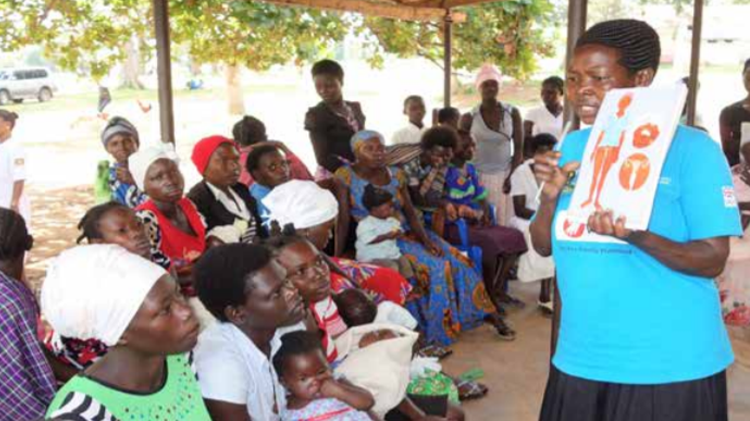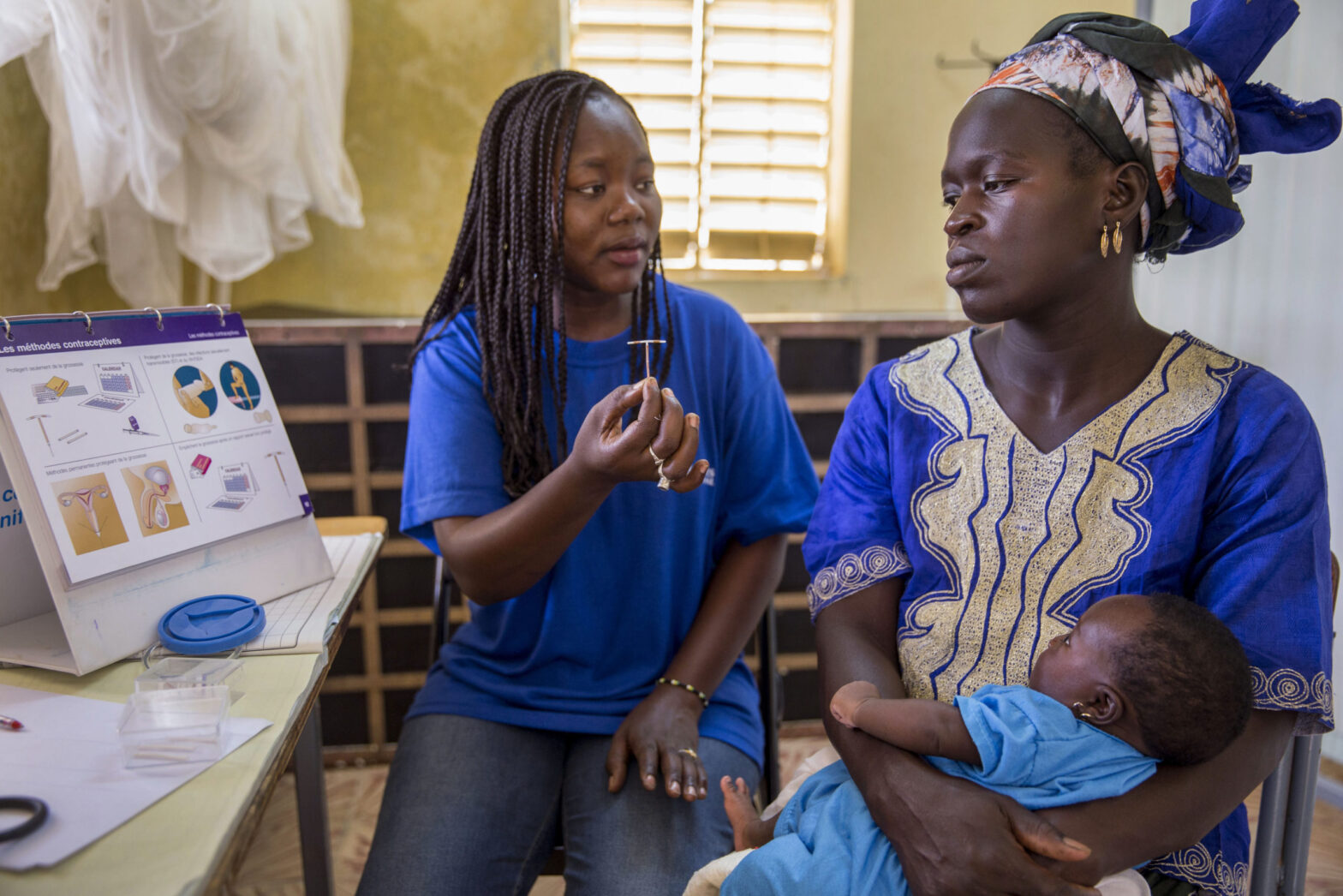Roselline Achola looks at the lessons for frontline health workers
Month: May 2020
Early estimates of the indirect effects of the COVID-19 pandemic on maternal and child mortality in low-income and middle-income countries: a modelling study
Although mortality rates for COVID-19 appear to be low in children and in women of reproductive age, these groups might be disproportionately affected by the disruption of routine health services, particularly in low-income and middle-income countries (LMICs).
Weekly COVID-19 Updates & Resources from FP2020
Family planning is an essential health service, and the need for it does not diminish in a crisis—even as obstacles to health care mount.
Gender-based Violence is Surging & Family Planning is Threatened. We can do better.
As the COVID-19 pandemic makes stay-at-home orders the new normal, the world is seeing another global surge: violence against women and girls. Countries across the globe are experiencing dramatic increases in reports of sexual offenses, calls to helplines, and demand for emergency shelter.
UNFPA Supplies COVID-19 Update
COVID-19 is already causing disruptions in family planning services. UNFPA estimates that 47 million women may lose access to modern contraception if the situation continues for 6 months and could lead to nearly 7 million unintended pregnancies.
Reaching First-Time Parents in the TCIHC-Supported Youth-Friendly Cities of Uttar Pradesh
The Challenge Initiative for Healthy Cities (TCIHC) in India worked strategically through its adolescent and youth sexual and reproductive health (AYSRH) program to reach first-time parents with informed-choice counseling and modern contraceptive services over a six-month period ending June 2019 in five cities in Uttar Pradesh (Allahabad, Firozabad, Gorakhpur, Saharanpur and Varanasi).
Joint press statement Protecting Sexual and Reproductive Health and Rights and Promoting Gender-responsiveness in the COVID-19 crisis
Protecting Sexual and Reproductive Health and Rights and Promoting Gender-responsiveness in the COVID-19 crisis
Updates from the Secretariat
As we head into the week it’s been remarkable to see how our community is collaborating and innovating to ensure ongoing access to family planning during the COVID-19 pandemic.
Practice family planning amid ECQ, couples urged
Following the warning of the United Nations Population Fund that the lockdowns may result in seven million unwanted pregnancies worldwide, the Department of Health (DOH) yesterday reminded couples to practice family planning during the enhanced community quarantine.







